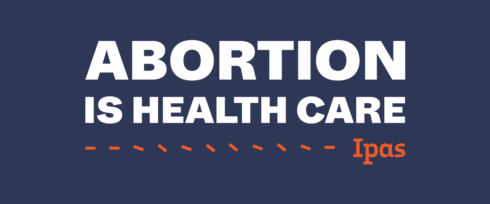Protests outside the Inter-American Court on Human Rights during the historic case involving El Salvador’s total ban on abortion.
Strengthening local and global movements for abortion rights
Women and girls—and all people who can get pregnant—can’t determine their own futures without laws and policies that support access to abortion and contraception. We advocate around the world for legal, accessible abortion.
Ipas works to educate policymakers, and to train police and lawyers on how to uphold the rights of those seeking abortion care. We also partner with local groups that advocate for sexual and reproductive rights.
Our impact
In 2024, we built political support and leadership for abortion rights
policy changes to expand abortion access in 12 countries
public statements and commitments in support of abortion access
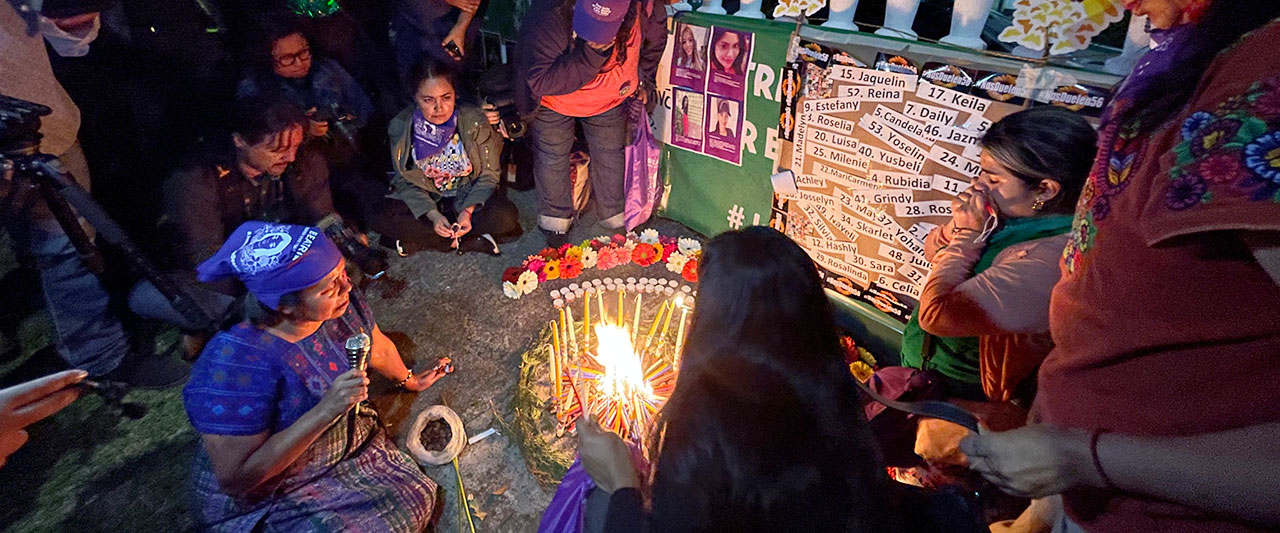

Inter-American Court of Human Rights ruling brings justice for Beatriz
Dec. 20, 2024: Ipas applauds the decision by the Inter-American Court of Human Rights to recognize abortion as a human right, in a case centered around Beatriz, a young woman whose pregnancy threatened her health and life. This historic ruling against the government of El Salvador highlights how the criminalization of abortion is a severe—and potentially life-threatening—rights violation.
‘This is a fight without borders’
A U.S. state legislator working to protect abortion access is finding inspiration in Mexico’s abortion rights movement. Here’s our Q & A with Rep. Julie von Haefen of North Carolina
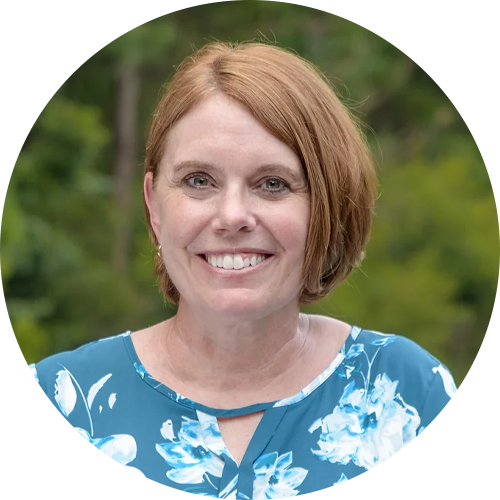
Beyond the individual: Research shows abortion access has widespread benefits
Our research shows that when abortion is legal, it not only improves people’s own quality of life, but that of their families, communities and even countries.
Unpacking the Texas abortion ban: White supremacy in the anti-rights movement
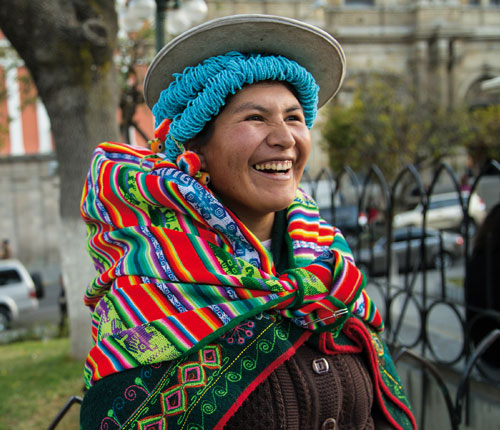
Meet Bolivia’s champions for abortion rights
Inspiring leaders are helping drive Bolivia’s movement for safe, legal abortion—with support from Ipas Bolivia and others in their grassroots coalition.
Ending criminal abortion laws
When abortion is a crime, women suffer—along with their families and communities. While criminal abortion laws intend to prevent abortion, the reality is they do not. Instead, these laws increase the number of women and girls who resort to unsafe abortion methods, risking death or injury as a result. Moreover, where abortion is illegal, women and health providers can be prosecuted and sent to jail for seeking or providing abortions. Around the globe, Ipas works with partners to raise awareness of the tragic consequences of criminal abortion laws and the importance of safe, legal abortion to protect women’s health and human rights.
Few people realize that women actually go to jail in countries where abortion is illegal. It’s a connection people don’t make.
– Ipas Senior Policy Advisor Gillian Kane
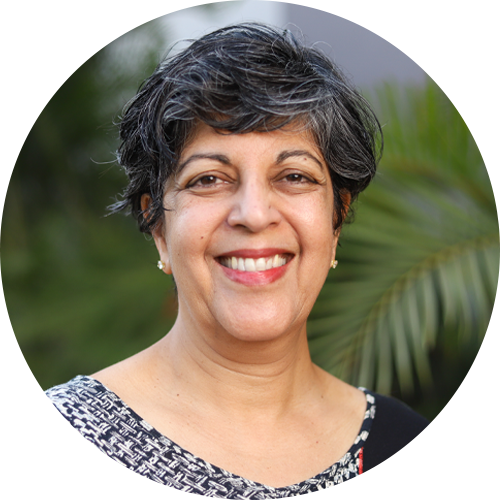
Resist, persist and take the long view
Ipas President and CEO Anu Kumar says the global movement for abortion rights has made great progress since the 1994 International Conference on Population and Development—and we must keep fighting.
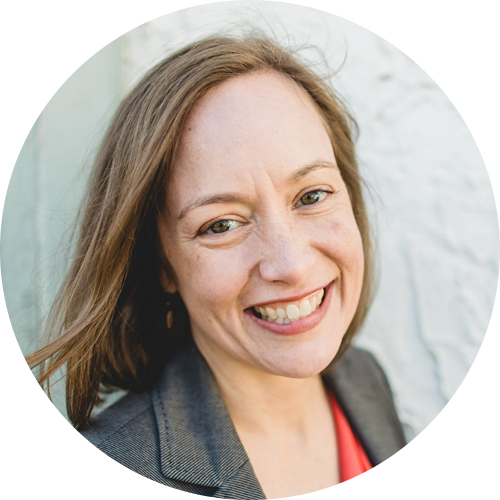
We need ‘a clearer view’ of the impact of the world’s abortion laws
The number of people who live in humanitarian settings and need abortion care is growing, as is the number of people managing their abortions outside the formal health system. This calls for a more rigorous study of the true impact of abortion laws.


